Slug 是指 URL 中位于域名后的部分,能帮助用户和搜索引擎定位特定的页面或文章。优化 WordPress slug 可以提升网站的排名和可访问性。本文将详细介绍 slug 的概念、作用、如何优化及其对 SEO 的深远影响。
![图片[1]-WordPress Slug:定义、重要性及其对 SEO 的影响-光子波动网 | 专业WordPress修复服务,全球范围,快速响应](https://www.361sale.com/wp-content/uploads/2024/09/2024092007232991.png)
什么是 WordPress Slug?
在 WordPress 中,slug 是 URL 的一部分,它位于域名之后,用于帮助识别特定的网页。例如,如果你的域名是 www.example.com,而你发表了一篇名为 “如何使用 WordPress” 的文章,那么默认情况下,WordPress 会生成一个类似于 www.example.com/如何使用-wordpress 的 slug。Slug 直接影响用户和搜索引擎的页面访问方式,因此优化它们非常重要。
为什么 WordPress Slug 对 SEO 和用户体验至关重要?
- SEO 角度: 搜索引擎爬虫(如 Google)在分析网页时,会特别关注 URL 和其中的 slug。一个清晰、关键词丰富的 slug 能够向搜索引擎精确传达页面内容,从而提升该页面在搜索结果中的排名。简洁的 slug 不仅让页面更易被爬虫抓取,还能提高网站的相关性和权威性。
- 用户体验角度: 对于用户来说,看到一个结构清晰的 URL 远比那些包含随机字符的 URL 更具可信度。一个简洁明了的 URL 能让用户一眼识别出该页面的内容,大大提升点击率和网站的停留时间。
WordPress 如何自动生成 Slug
当你在 WordPress 中创建一篇新文章或页面时,系统会根据文章的标题自动生成 slug。例如,文章标题为 “如何提升 SEO” 时,WordPress 可能会生成一个类似 www.example.com/如何提升-seo 的 slug。然而,默认生成的 slug 有时会过长或包含不必要的停用词(如 “the”、”and” 等),这不仅让 URL 显得冗长,还不利于 SEO。
不过,你可以手动编辑这些 slug,使其更短、更具描述性和优化效果。
如何在 WordPress 中编辑 Slug
编辑 WordPress slug 是一项简单但有效的操作。以下是具体步骤:
- 打开 WordPress 后台,编辑你要修改的页面或文章。
![图片[2]-WordPress Slug:定义、重要性及其对 SEO 的影响-光子波动网 | 专业WordPress修复服务,全球范围,快速响应](https://www.361sale.com/wp-content/uploads/2024/09/2024092007315219.png)
- 在编辑界面的右侧边栏,找到 “link (on a website)“(link)部分,系统会显示自动生成的 slug。
![图片[3]-WordPress Slug:定义、重要性及其对 SEO 的影响-光子波动网 | 专业WordPress修复服务,全球范围,快速响应](https://www.361sale.com/wp-content/uploads/2024/09/2024092007351819.png)
- 点击该区域,手动输入你希望的 slug。确保其简短、具有描述性,并且包含Target KeywordsThe
- 更新或发布文章。
通过以上步骤,你可以轻松定制每个页面的 slug,从而提高 SEO 效果The
Slug 优化的最佳实践
为了确保 slug 对 SEO 和用户友好,以下是一些最佳实践建议:
- Keep it simple.:slug 不应过长,通常保持在 3 until (a time) 5 个词之间。如果 slug 太长,不仅用户难以理解,搜索引擎爬虫也会面临困难。
- Contains keywords:slug 应尽可能包含文章的核心关键词。这样可以提升页面与特定搜索词的相关性,帮助搜索引擎更好地理解内容。例如,针对 “简单面包食谱” 的文章,slug 应使用类似
simple-bread-recipe的形式。 - 避免停用词:避免在 slug 中使用 “the","and” 等无关紧要的词汇,它们对 SEO 没有帮助。
- 使用连字符而非下划线:slug 中的词应使用连字符 “–” 进行连接,因为搜索引擎更易识别连字符,而不是下划线。
- lowercase (letters):Slug 应始终使用小写字母,保持 URL 的一致性和简洁性。
WordPress Slug 常见错误及其避免方法
优化 slug 时,以下常见错误可能会影响 SEO 和用户体验:
- Keyword Stacking:在 slug 中过度使用关键词会导致搜索引擎认为你在作弊,从而降低页面排名。slug 应简洁、准确地描述页面内容,避免重复使用过多关键词。
- 使用特殊字符:特殊字符(如 $、! 等)会导致 URL 的可读性下降,并影响搜索引擎的抓取。
- Slug 过长:保持 slug 简短,并确保它直接反映页面内容。过长的 slug 不仅降低可读性,也可能被截断,影响用户体验。
- 修改标题后未更新 Slug:当你修改文章标题时,记得同步更新 slug,保持一致性。
Slug 对 WordPress 网站结构和固定链接的影响
在 WordPress 中,slug 是构建 URL 结构的基础之一。固定链接(Permalink)结构决定了整个网站的 URL 模式,而 slug 则为每个页面提供个性化的路径。WordPress 提供了多种固定链接选项,包括:
- 简洁模式:
www.yoursite.com/?p=123 - 日期和名称模式:
www.yoursite.com/2024/09/19/post-name/ - 自定义结构:允许你创建自定义的 URL 模式。
![图片[4]-WordPress Slug:定义、重要性及其对 SEO 的影响-光子波动网 | 专业WordPress修复服务,全球范围,快速响应](https://www.361sale.com/wp-content/uploads/2024/09/2024092007415980.png)
选择合适的固定链接结构,可以进一步优化网站的 URL。通常,”Post Name” 是最推荐的结构,因为它简单、易于理解,并且符合 SEO 最佳实践。
如何在不破坏链接的情况下更改现有页面的 Slug
你可能需要修改已经发布页面的 slug。这种操作可能会导致原 URL 无效,从而影响 SEO 和用户体验。不过,借助 301 Redirect,可以将旧的 URL 自动转向新的 URL,避免出现 404 错误The
以下是设置 301 重定向的简单方法:
- 安装一个重定向插件,如 “Redirection".
![图片[5]-WordPress Slug:定义、重要性及其对 SEO 的影响-光子波动网 | 专业WordPress修复服务,全球范围,快速响应](https://www.361sale.com/wp-content/uploads/2024/09/2024092007551968.png)
- 进入 WordPress 后台,点击 “artifact” > “redirects“,设置旧 URL 和新 slug。
![图片[6]-WordPress Slug:定义、重要性及其对 SEO 的影响-光子波动网 | 专业WordPress修复服务,全球范围,快速响应](https://www.361sale.com/wp-content/uploads/2024/09/2024092007574795.png)
- 保存更改,并测试新链接是否正常工作。
pass (a bill or inspection etc)Setting up redirection,你可以在保持 SEO 权重的同时,更改 slugThe
Summary:
pass (a bill or inspection etc) WP self-taught website builder,合理设置、优化和管理 slug,你可以提高网页的搜索排名,提升网站流量,并为用户提供更加直观、易于导航的浏览体验。
Link to this article:https://www.361sale.com/en/20257
The article is copyrighted and must be reproduced with attribution.










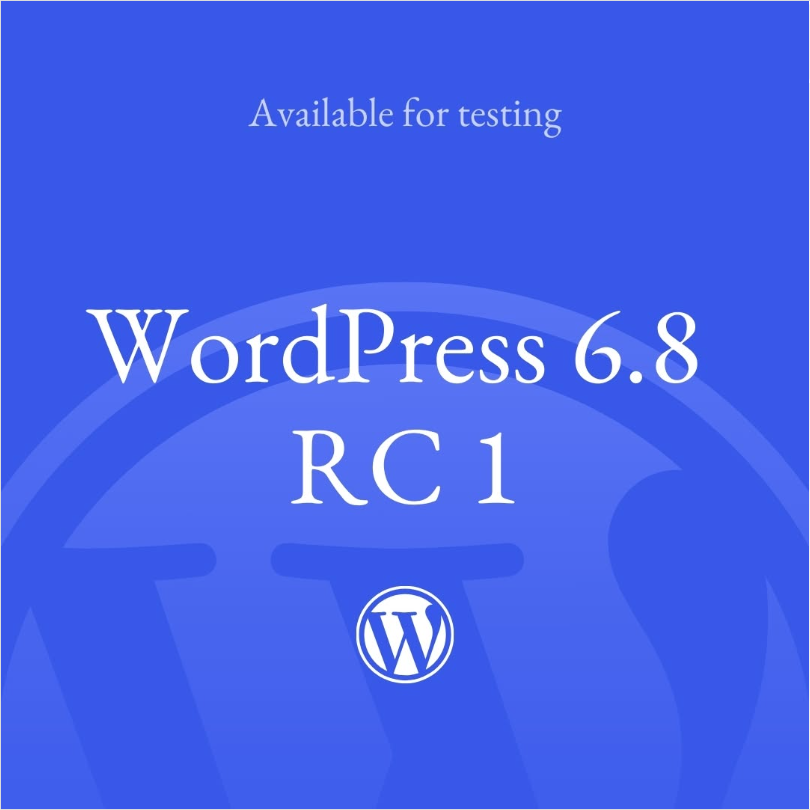
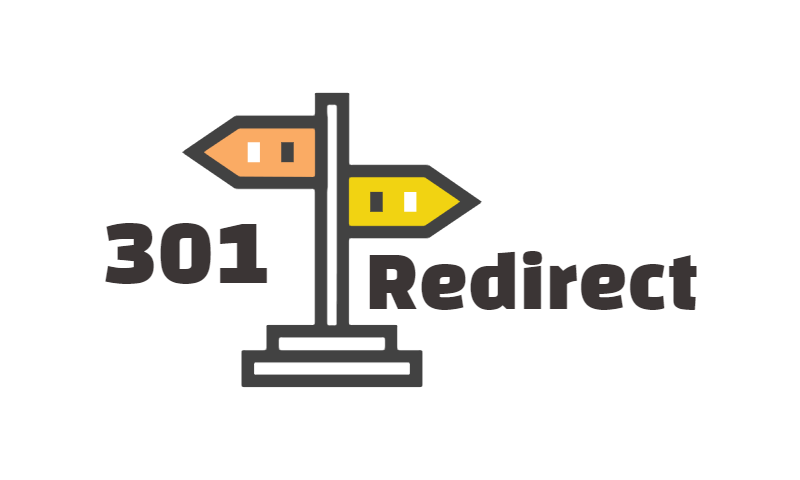
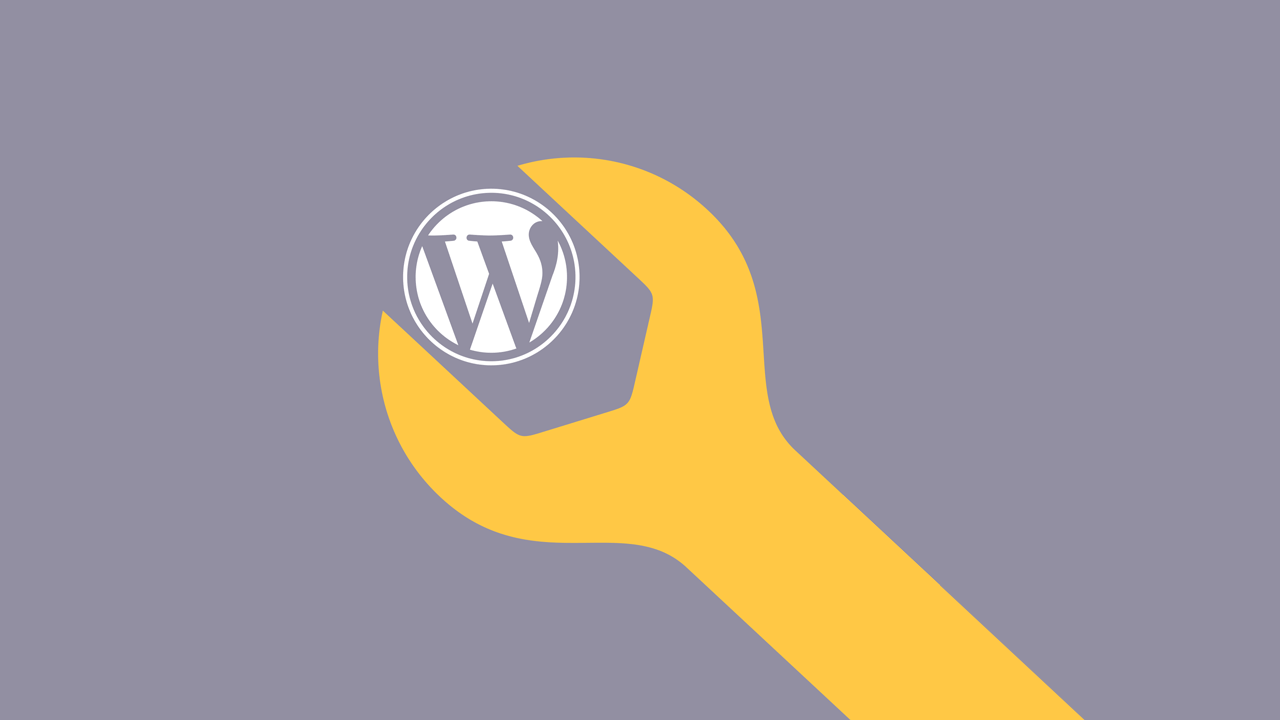





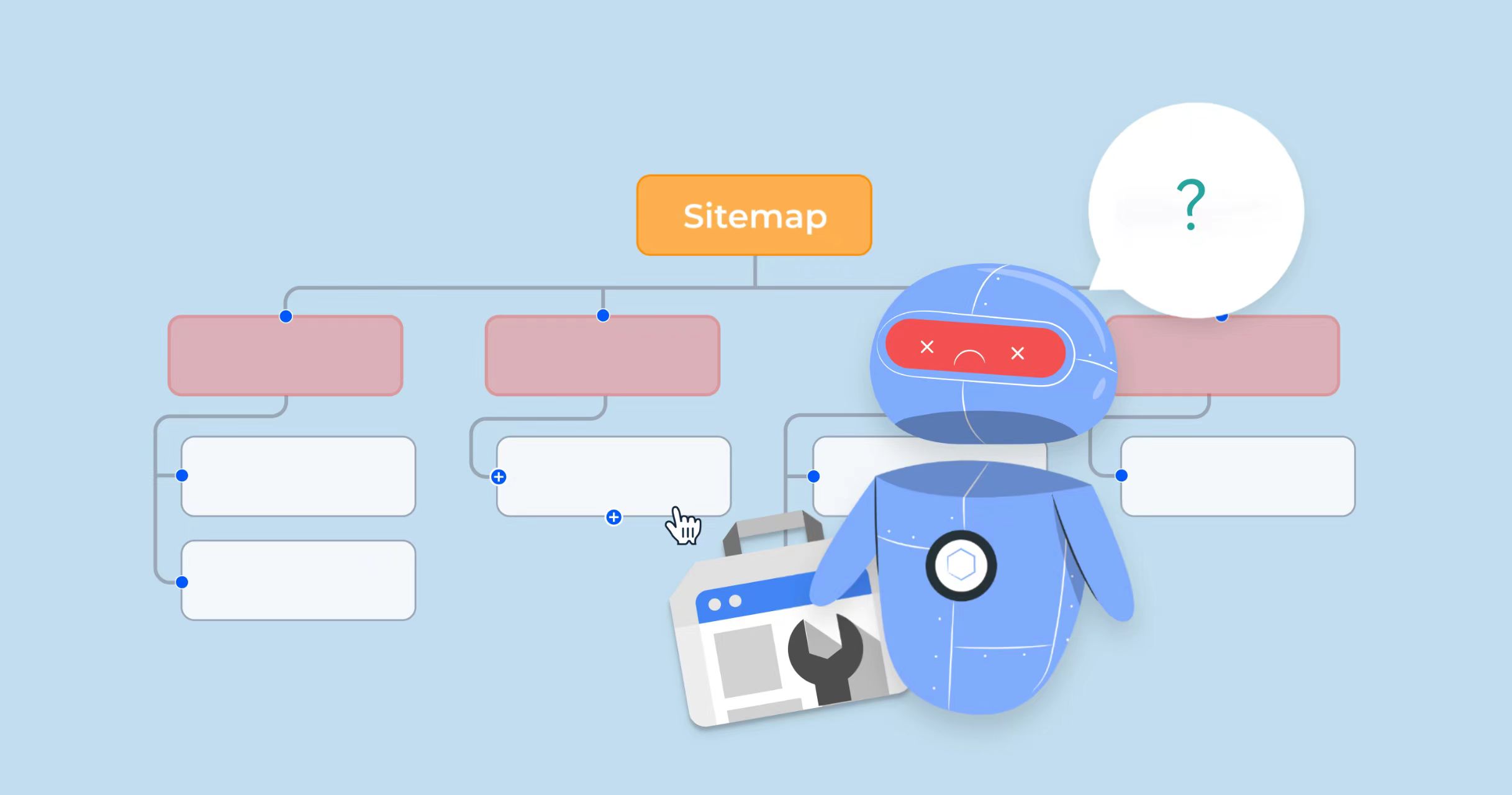
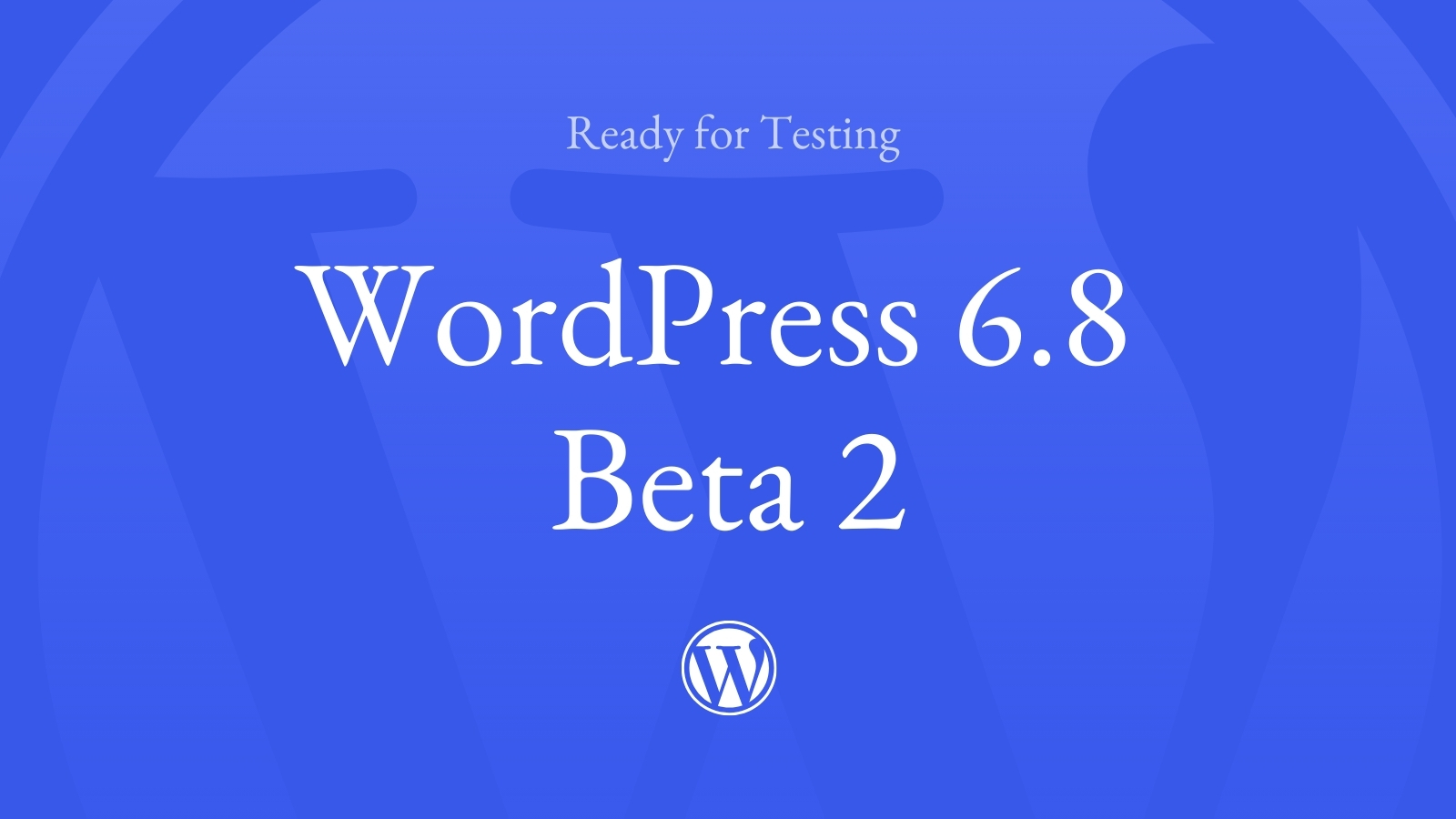
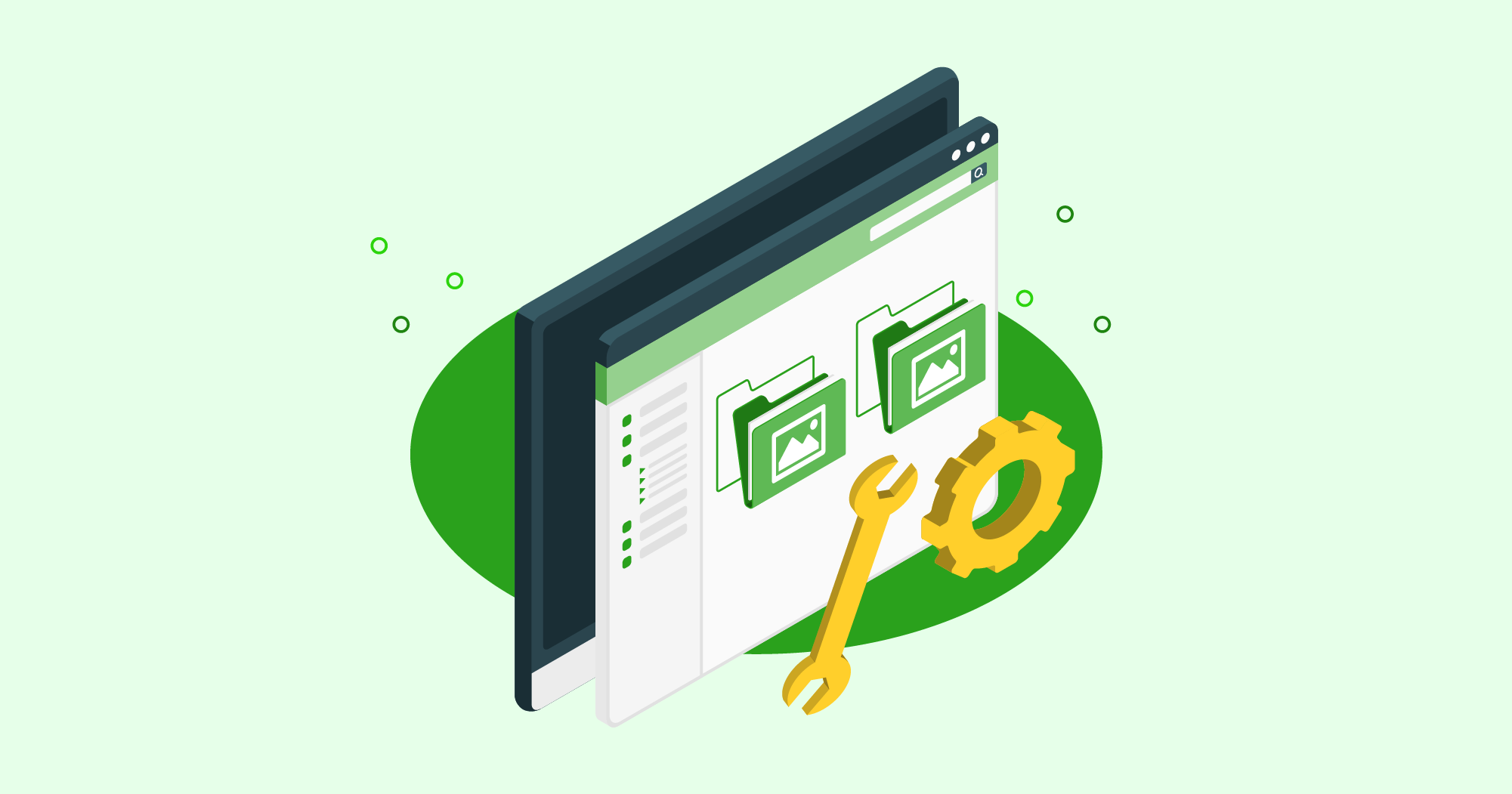




![Emoji[lenghan]-Photonflux.com | Professional WordPress Repair Service, Worldwide, Fast Response](https://www.361sale.com/wp-content/themes/zibll/img/smilies/lenghan.gif)









No comments